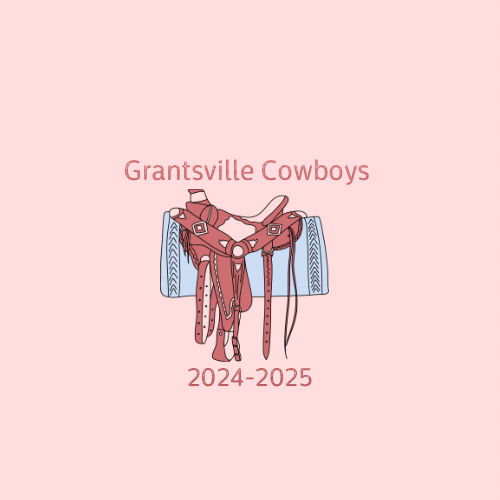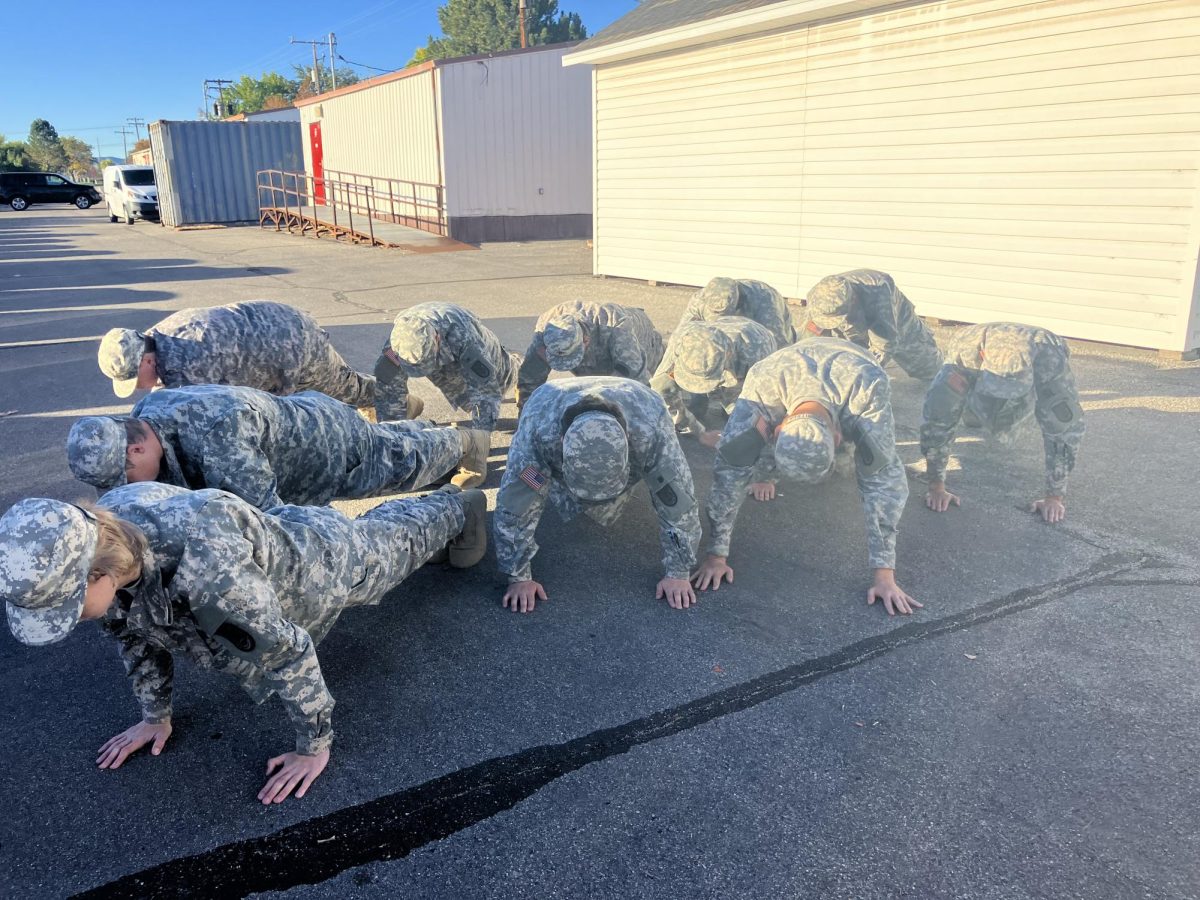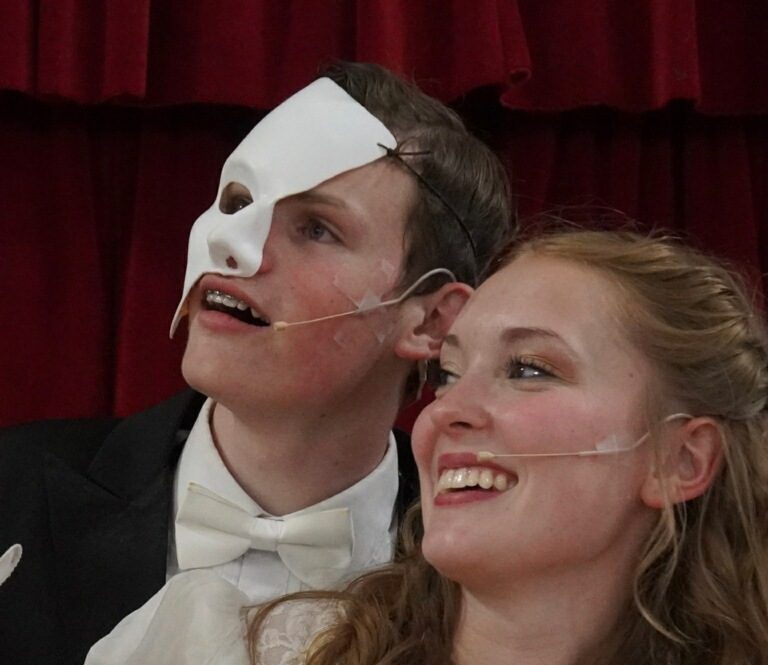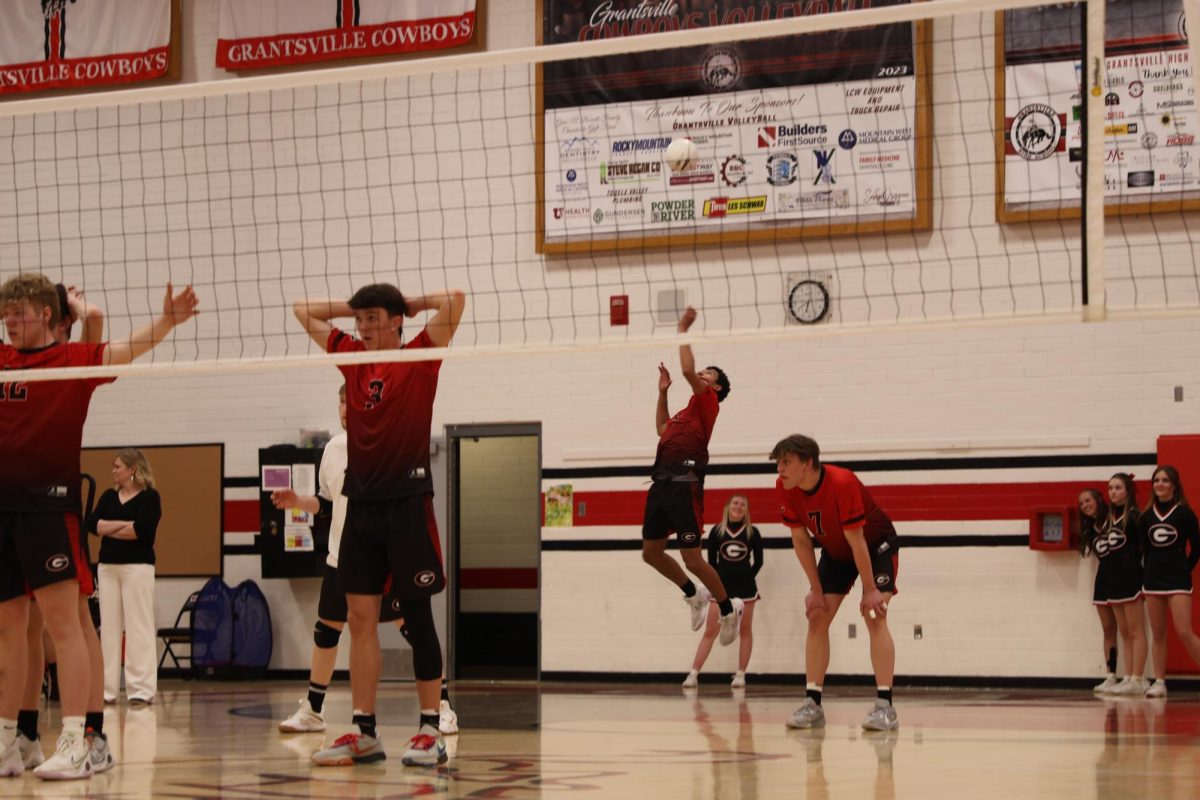Confusing Teenage Communication
She keeps checking her phone.
About 114 times a day, if recent research is to be believed Asurion, a global tech company.
But freshman Lissy Lee knows she can’t respond to him yet. Not quite yet. But soon. Not enough time has passed, and there’s a delicate science to the art of teenage communication.
Everyone knows words are only half of the message in a text — maybe less than half.
The rest of the message is built into the context: the punctuation used — or not used — and, of course, the all-important response time.
Lee is no different than an entire generation of her peers, all texters playing silly games with one another as millions of them maneuver their way through the complexity of digital communication.
When Tumbleweed Time reporters interviewed students at GHS they identified a myriad of social traps:
The games we play
1. Don’t double text
“Don’t double text!… You’re just like needy,” said sophomore Madi Eggett. “You just need their attention.”
Students repeatedly mentioned the word desperate. Youth have an overwhelming fear of their peers thinking of them as desperate and needy. They often avoid double texting to prevent this. “Cause you can’t seem desperate,” says freshman Easton Hammond.
- Mimicking
“If we’re in a conversation and they waited a little bit, I’ll wait a little bit,” said sophomore Bryson Robert, “So I kinda just mimic whatever the other person is doing.”
We have different versions of ourselves, for work, for home, for different friends, according to Joanna Cannon, psychiatrist and author of “The Goats and Sheep.” “All tweaked and modified in order to be accepted in that particular situation. Of course, the question is, are we being accepted for who we truly are, or merely for the version we choose to present of ourselves?”
- Texting first
“If you texted last in a conversation, you really can’t text first [next].”
This circles back to double texting. Teens are so nervous to appear desperate, that they are willing to give up a conversation, just so they don’t have to double text. They want to seem in control and seem that they don’t care as much as they do.
- Response time
“Wait longer than they did to respond. Then you’re not chasing them,” Lee said.
It’s all about the timing for teens. “It usually takes me a minute faster or a minute longer than they do,” says junior Brylee Davis. “I don’t want them to think I’m needy.” The word needy is brought up yet once again. It’s common for teens to wait for a period of time to respond to give the impression that they are needed elsewhere and ‘in demand’ by others.
- Ghosting
“I hate when people ghost!” said staff member Kallie Kelley, “Just say I can’t, or I won’t be there, or I’m not!”
“Ghosting”- a term used to describe the act of abrupt pause in communication. Ghosters: you know you are. Teens use this cowardly tactic to send the signal of non-interest. When students get bored of one another, whether it be in a friendship, or relationship, they see an easy way out of it by ghosting. It’s a stop without explanation, usually leaving the other person in confusion and distraught.
- Calls
“I don’t want to call, cause I don’t want to bug.”
As the new generation has grown up with the comfort of hiding behind their texts instead of calling, it has started to show in their simple social interactions. In a recent study by Time Tech Media, they have found that students have lost interest in face-to-face communication. Less than a third of teens studied prefer in person conversations. Youth hide behind their words in texts and have learned certain tactics to get their tone across with emojis, punctuation, or even lack of punctuation.
- Punctuation
“If you use periods, that means you’re serious,” says Blake Bunderson, senior and spirit officer.
In an ironic shift, grammar and punctuation that were intended over millennia to increase reader clarity and meaning. They’ve been flipped; they’re often seen as micro aggressions, especially as teens adopt progressively casual tones — anything to appear like they care less than their counterparts. Anything above the most casual slang is confusing at best, offensive at worst. “A period is just, I don’t know what it means, you’re just fancy like an adult,” said freshman Easton Hammond.
So we’re forced to ask ourselves this: How can an entire generation of students suffer from such rock-bottom levels of insecurity that they’re willing to spend more time and effort strategizing physiological moves than just responding naturally?
Your donation will support the student journalists of Grantsville High School. Your contribution will allow us to purchase equipment and cover our annual website hosting costs.

Being elected for Student Government five years in a row is a goal everyone dreams of achieving; for Tylie Hancock, she doesn’t need to dream, she's...






















